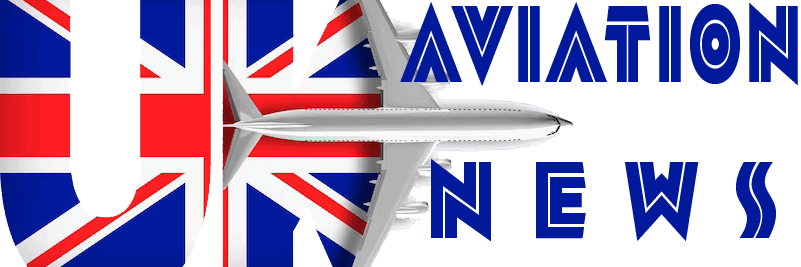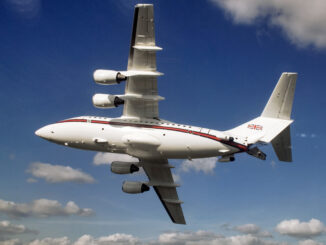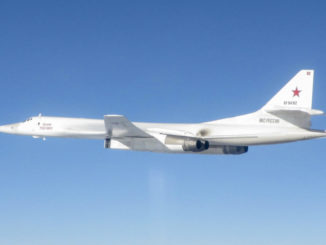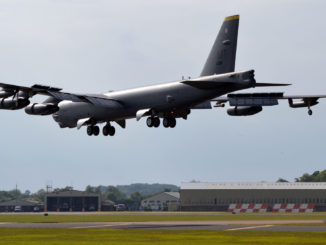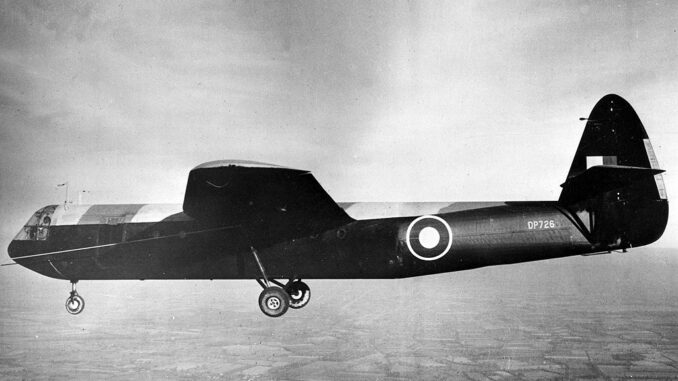
80 years ago today Britain and its allies began the fight back against the Nazi occupation of Europe with a massive landing of troops on French beaches, An event known as D-Day.
Thousands of troops were landed by sea on the morning of the 6th June 1944 but, they weren’t the first. Hours earlier allied troops from the 2nd Battalion Oxford and Buckinghamshire light infantry were silently landed into enemy territory in Normandy by six Horsa Gliders.
The troops were handed just after midnight in the very early hours of 6th June and their task was to secure two bridges, Pegasus and Horsa, which were vital to the success of the D-Day landings which were to occur later that morning.
Their task was part of a wider aviation based operation known as “Tonga” to prevent and delay Germany reinforcements to the beaches once the invasion began.
The Airspeed Horsa Gliders used to deliver the soldiers were each able to carry 30 fully armed and equipped shoulders.
Almost 4000 of them were built by Airspeed Limited and was used by both the Army Air Corps and Royal Air Force during the campaign. Allied forces also used them.
It had a wingspan of 27 metres and built almost entirely out of wood, in fact aviation author H. A. Taylor described it as “the most wooden aircraft ever built. Even the controls in the cockpit were masterpieces of the woodworker’s skill”
This was done as it was in effect a single use aircraft so a wooden construction made it cheap to build.
Thanks to its large flaps it was able to make steep silent approaches to landing sites, perfect for delivering troops behind enemy lines.
Its aspect ratio was 7:2 which meant for every 7 miles travelled forward, it would lose 2 in altitude.
One unique feature of the Horsa was a tricycle landing gear allowing it to land like a powered aircraft.
So while the world focuses on the Normandy beaches where so many gave their lives for your freedom and that of Europe, spare a thought for those that went first, silently in the night behind enemy lines to pave the way.
